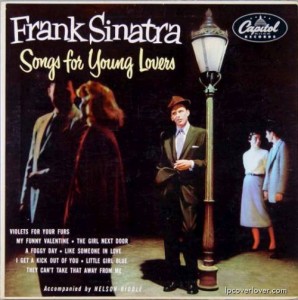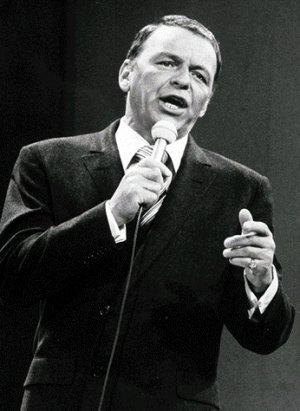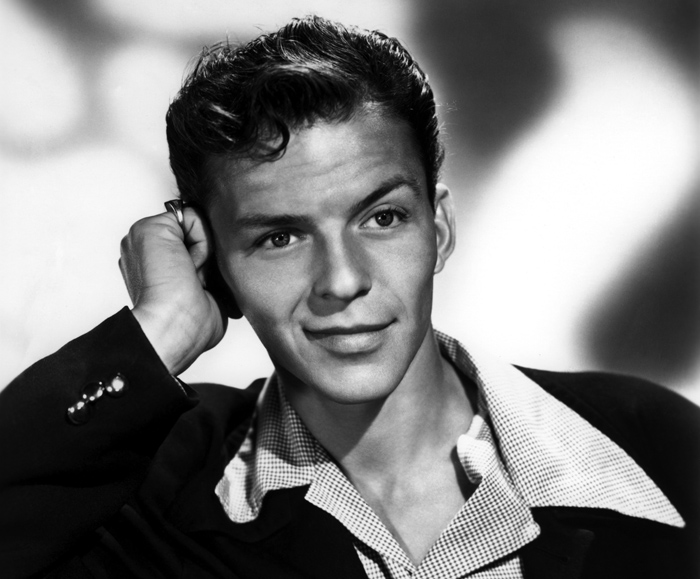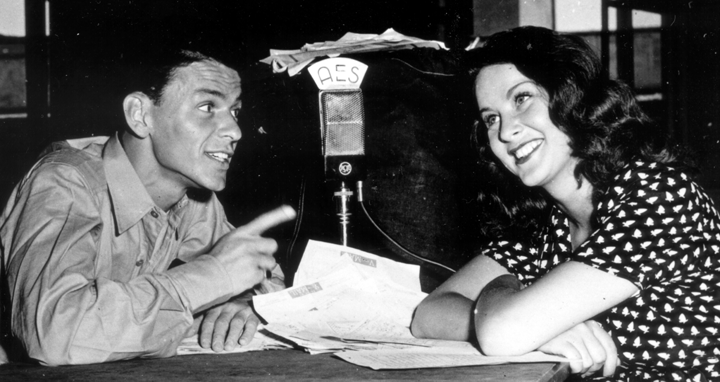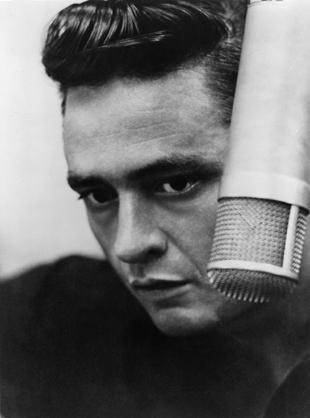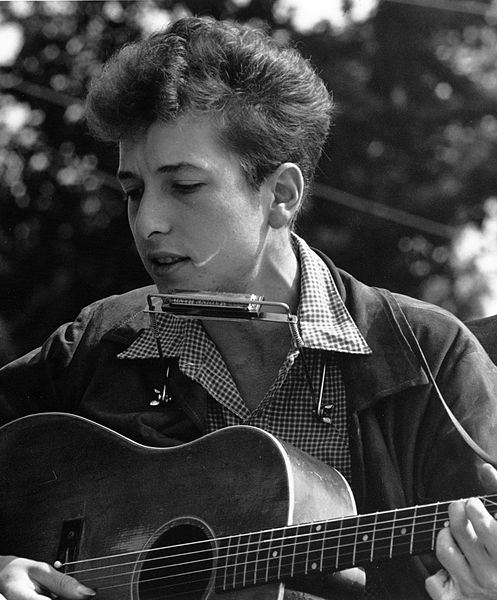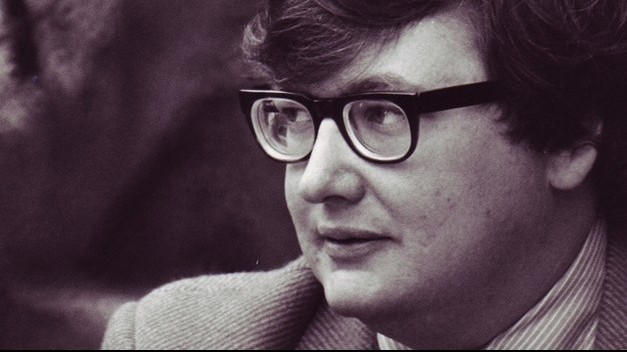A Fresh Look
It’s hard to miss Terry Gross if you are a commuter in Silicon Valley. As much as I intend to leave the office in time to hear the endlessly entertaining Kai Ryssdal, by the time I have shut down the computer each evening and made it to the car, seven o’clock has crept up on me and it’s time for the far less entertaining Terry Gross with FRESH Air. Just the way she says it annoys me.
Roger Ebert died this week and one of the best things about famous people dying is that Terry Gross always has an interview with them from 1987 when the famous person was at the pinnacle of their abilities and Terry Gross sucked a little bit less at interviewing. Of course, Terry had several interviews with Roger and even one with Siskel and Ebert together that was quite delightful.
I appreciate Terry Gross’s interview recycling because I’ve long had a theory that we have an obligation to remember great people before they got old even, or especially, when we only ever knew them as old or infirm. Inside every old person is a young person who doesn’t really understand that he’s old now. We should all make a better effort to get to know the young person.
My favourite example is Frank Sinatra. People of my generation think of Frank Sinatra as an old man who sang romantic songs in an old man’s voice. Close your eyes and conjure up Ol’ Blue Eyes singing My Funny Valentine. Did you picture someone like who looked like this?
Sorry, you got the wrong guy. Songs for Young Lovers was recorded in 1953 . When Frank was in the prime of his superstardom in the 40s, he looked like this.
And… he had the same voice as that old guy!
The next time you play some romantic Frankie tunes, don’t make the mistake of imagining that old dude whose voice your grandmother was partial to. That’ll snuff out your spark of romance in no time.
Imagine this guy instead.
You can play this game with a whole geriatric ward of interesting old folks. That dude who sang Heartbreak Hotel? He wasn’t an overweight lounge lizard in a sequined white jumpsuit.
It was this guy.
The Man in Black – another guy who sounded ancient?
Who else sounds ancient? Oh yes, the inspiration for a thousand blog titles, Mr Bob Dylan. The guy who sang Blowing in the Wind looked like this.
Roger Ebert’s very best writing flowed when the tributaries of underground memories trickled into his stream of thought as in this meandering tale wandering through the London of his youth and his later battle with infirmity.
On my imaginary walk I could have turned right at the end of Jermyn and walked up St. James to Piccadilly, and down to Park Lane, and up toward Notting Hill, and I could have passed the Mason’s Arms on my way to Pembridge Square and nodded while passing the Hyde Park West Hotel, where I had a tiny room with a window that opened to allow me to stand on a wide roof overlooking London. I could have had lunch at Costa’s, behind the Gate at Notting Hill, the famous movie theater. Or headed on west to Lord Leighton’s House. Or I could have simply walked out the far end of Pembridge Square and stopped for lunch at the Sun in Splendor– the Evening Standard Pub of the Year in 1968. Why do I know that?
I realize this could get boring. It probably already has. I’ll try to get to my point. Sometimes when I write, you understand, it’s like when I walk around London. When I set out I have a general destination in mind, but as I poke around this way and that, I find places I didn’t know about and things that hadn’t occurred to me, maybe glimpse something intriguing at the end of a street, which is how I found Chiswick House, which I had no idea existed.
We should all do Roger a favour and banish the old chubby with the missing jaw from our imagination. Remember, instead, the young chubby who always wanted to be a great writer and be thankful that he achieved his dream.
During the Fresh Air interview mash-up, one interviewee said that the secret to Ebert’s movie reviewing was that he didn’t much care how good a movie was; he cared how much he enjoyed it. His writing was like that too. I’ve been following Ebert’s blog for several years and he always gives the impression that he is writing to delight himself and his delight is infectious. I adore the way he wanders off topic into his own memories and shares them with such simple clarity that they become mixed in with your own.
Reading an Ebert story inevitably makes me want to write one of my own but, as I have a rather busy weekend of me, I’ll have to settle, Terry Gross-style, for replaying a favourite story or two that I stumbled across this morning when I happened to click this link.
The first is about the damage that hidden shame can wreak. Ebert takes a passage from his review of The Reader and turns it into a recollection about a shameful passage in his own history.
Roger Ebert has written a powerful, meandering essay about shame. The essay takes many twists and turns and each one of them is fascinating journey in its own right.
It starts out as a review of the movie The Reader
I was watching Tony Scott on the Charlie Rose program, and he said, in connection with “The Reader,” that he was getting tired of so many movies about the Holocaust. I didn’t agree or disagree. What I thought was, “The Reader” isn’t about the Holocaust. It’s about not speaking when you know you should.
The second is about the limits of empathy and the terrible things that happen when your empathy is too limited.
That brings me back around to the story of the school mural. I began up above by imagining I was a student in Prescott, Arizona, with my face being painted over. That was easy for me. What I cannot imagine is what it would be like to be one of those people driving past in their cars day after day and screaming hateful things out of the window. How do you get to that place in your life?
In every Ebert story, there is always a whispered shout-out to some character from the past who had an influence on his life. Roger, you are in my past now but, muse be willing, the influence of your stories will live on in mine.

